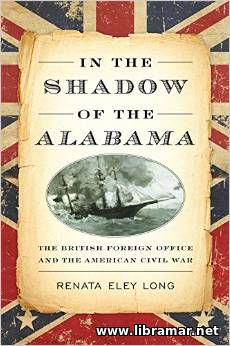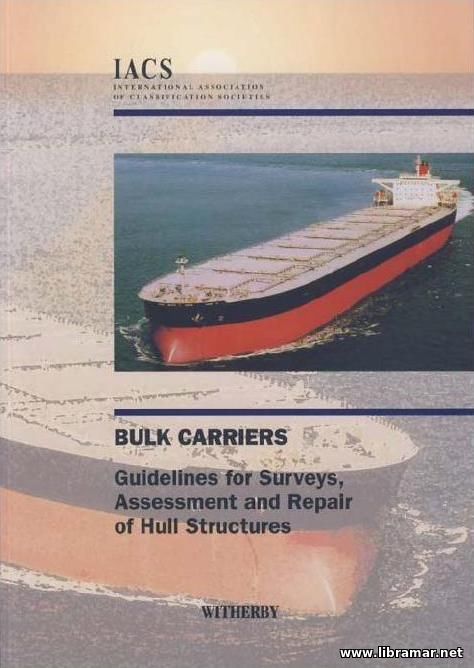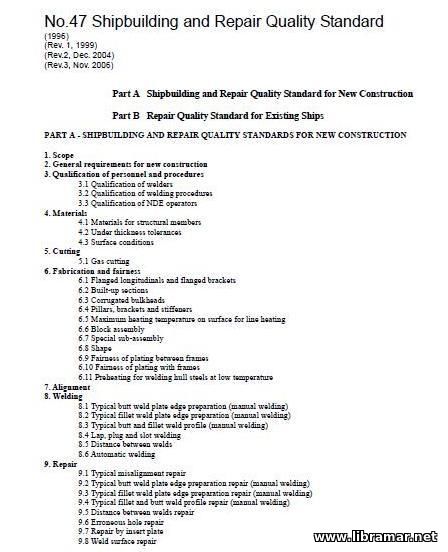IN THE SHADOW OF THE ALABAMA — THE BRITISH FOREIGN OFFICE AND THE AMERICAN CIVIL WAR

| Author(s) | Renata Eley Long |
| Publisher | Naval Institute Press |
| Date | 2015 |
| Pages | 272 |
| Format | |
| Size | 5 Mb |
| D O W N L O A D | |
In 1372 a tribunal of arbitration sitting in Geneva found against Great Britain in a claim for damages brought by the United States. That claim stemmed from the destruction of commercial shipping during the American Civil War by Confederate raiders whose origins could be traced back to Britain. The most famous of these cruisers was the CSS Alabama, built on Merseyside. which captured sixty-four Yankee ships and destroyed most of them by burning.
So celebrated was her name and so great her share of the depredations committed that the Geneva Tribunal hearings were known as the Alabama Claims. The Alabama's escape from the Mersey in 1862, just hours ahead of a detention order issued by the British government, gave rise to suspicions and recriminations. At the American legation in London a tenacious secretary acquired a copy of a note allegedly written by one Victor Buckley a Foreign Office clerk, warning the Confederates of the ship's imminent seizure, and in later years the man responsible for building the Alabama referred in his memoirs to a "private and most reliable source" from whom he had received that vital information.
In the postmortem of events after the Civil War. an American newspaper published for the first time the implication that Buckleys position was worthy of scrutiny. The allegation that he had written a warning note was later repeated by a son of the wartime American foreign minister. Charles Francis Adams. For almost 150 years historians have debated the circumstances surrounding the Alabama's, remarkable and timely departure to wreak havoc on the high seas. Was there a Foreign Office leak, and if so, was it sanctioned by the British Government?
The radical MP John Bright suspected the worst and said so. The prime minister at the time, Lord Pahnerston, and his foreign secretary. Lord John Russell, denied it. With the passage of time, insufficient evidence, and events clouded by an extraordinary catalogue of errors and mishaps, the accusations seemed to die a natural death.
The "Read Later" function allows you to add material to this block with just one click. Just click on the icon and read the articles that interest you at any convenient time.


